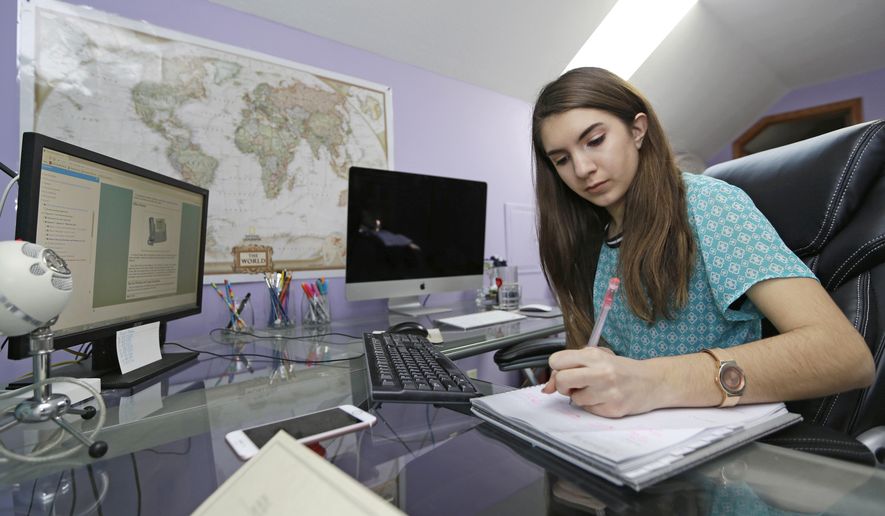Brian Shulman on breaking the status quo mold
Everyone agrees that education in the United States could be better; but no one seems to want to allow education to be different. The reality is that for education to be better, it must first, be different.
How do we make it different? My mentor, Brian Shulman, has a method that works. In an article he wrote earlier this year titled “Why Self-Directed Learning is Essential in Education Today,” Mr. Shulman, a pioneer in educational technology (among other ventures), explained it this way: We have to motivate students to learn on their own in order to thrive in this 21st Century world.
“By definition, self-directed learning occurs where students have a degree of control over the time, pace, and place of their learning,” he wrote. “Students begin to feel ownership of their learning, begin to self-evaluate, reflect on their progress, and set goals for learning more.”
It shouldn’t be, but Mr. Shulman’s methodology is decidedly outside the box. At the heart of it is empowering students to direct their own learning, including the choice of subject matter, the rate of progress and even the physical location.
Mr. Shulman goes on to say that students are “picky” about what they like – which is not so different from the educators teaching them.
“The classroom experience is not one-sided,” Mr. Shulman wrote. “When students are provided with a highly enjoyable experience, they are more motivated to work harder on academics. They are also more willing to work independently and on their own time. That is the true essence of a self-directed learner.”
As a college professor of nearly two decades who has worked hard to inspire students to study harder and reach their potential, I believe Mr. Shulman is right about student motivation. In fact, I’ve adopted a self-directed, self-selected teaching/coaching model myself that is a cornerstone of the new Center for Student Coaching and Success I oversee at Middle Tennessee State University in Murfreesboro, Tennessee.
So where did Mr. Shulman find the enlightenment to recognize these truths and develop a system? Mr. Shulman would no doubt credit his good friend and education mentor, Raymond J. McNulty, who is dean of education at Southern New Hampshire University and author of “It’s Not Us Against Them: Creating the Schools We Need,” who often presents on “The Rise of the Self-Learner.” In Mr. Shulman’s article, he offers up two thoughts from McNulty.
First, to achieve productive learning in a student-teacher context, a transfer of power over the learning process must occur from the teacher to the student.
Next, to prepare a student for success in the 21st Century, a teacher must teach a student to learn without them because at some point that student will have to get off the bench and into the game (of life and business).
In addition to Mr. McNulty, I suspect Mr. Shulman’s time on the football field, at the practice facility and in the locker room during his playing days at Auburn University under legendary head football Coach Pat Dye also fed his intuition about how to go his own way and create a system that encourages others to do the same.


